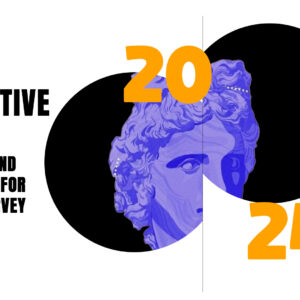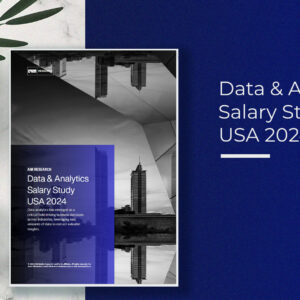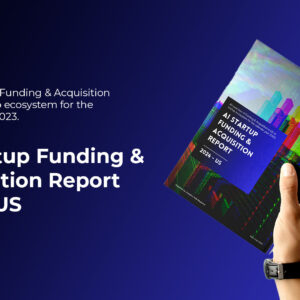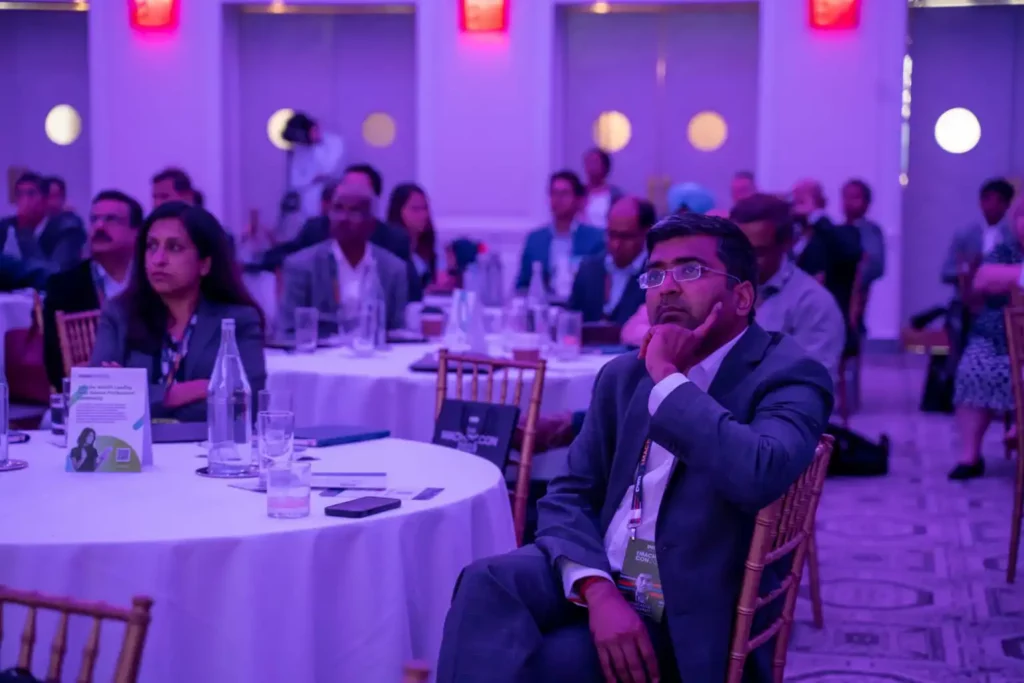In 2015, “The Master Algorithm” was published, providing an insightful and comprehensive look into the world of artificial intelligence (AI) and machine learning, particularly for those outside the field. Written by AI pioneer Pedro Domingos, the book showcases his expertise, having been involved in the field since the early 1990s. With numerous awards under his belt, such as the prestigious SIGKDD award and the invention of Markov Logic Networks, Domingos is well-equipped to discuss the evolution of AI, machine learning, and more.
In a recent interview with AIM, Domingos spoke about the development of AI over the years, from its humble beginnings to its current status as an indispensable part of many industries. He also discussed the challenges facing the field, including the difficulty of keeping up with its rapid expansion and the need to combat inertia.
“The Master Algorithm” was inspired by Domingos’ desire to introduce the world of AI and machine learning to a broader audience. In the book, he presents the quest for the ultimate learning algorithm, which has the ability to learn anything. He also introduces the “tribes” of machine learning – Symbolists, Connectionists, Evolutionaries, Bayesians, and Analogies – each with its own approach to AI. Domingos firmly believes that a unified theory of machine learning can only be achieved by combining ideas from each of these paradigms.
When Domingos was first introduced to AI, it was through a book that sparked his curiosity. He recognized the potential of machine learning to revolutionize the world, but at the time, few colleges offered formal degrees in the field. He obtained his Ph.D. at the University of California, Irvine, which was one of the few institutions with substantial machine learning courses. Domingos considers Geoff Hinton and Tom Mitchell among his earliest heroes in the field.
Times have changed dramatically since then. As Domingos points out, the field of machine learning has undergone significant changes and has grown considerably. Seven of the top ten companies in the world now claim AI is essential to their operations. This growth has brought both benefits and challenges. A thriving AI industry has led to numerous technological advancements, but it has also made it difficult for individuals to keep up with the field’s rapid progress. Domingos stresses the importance of overcoming this inertia.
As AI becomes increasingly intertwined with society, concerns surrounding ethics and governance have arisen. Domingos warns against jumping to conclusions and regulating AI without proper understanding. He suggests that, rather than regulating the technology as a whole, regulations should focus on specific applications with ethical implications.
Domingos believes that Westerners raised on the Bible’s Genesis tend to be overly concerned about AI creations turning against their creators. This notion has been popularized in Hollywood movies and by journalists but is ultimately misguided. On the other hand, libertarians worry about freedom, fairness, and equality. Domingos stresses that many concerns are well-intentioned but can lead to attempts to solve problems that don’t truly exist. Instead, he encourages thoughtful consideration of the issues before implementing regulations.
He also points out that different countries approach AI regulation differently. For instance, the European government, with its strict GDPR data laws, is more prone to over-regulation, while the United States tends to be more lenient. Domingos suggests that legal requirements should focus on algorithms that make critical decisions, especially in fields like medicine.
On the topic of the Metaverse, Domingos views it as a desirable and compelling long-term goal, albeit with numerous challenges, such as psychophysics. He also emphasizes the importance of identifying the right industries for the implementation of emerging technologies, using Google Glass as an example of a product that was released prematurely.
Google Glass, according to Domingos, would have been better suited for specific industries, such as maintenance companies,
where it could have helped staff save time and resources. Instead, Google released it as a consumer product before the technology had fully matured, ultimately leading to its failure. This example underscores the need for proper research, development, and targeting when introducing new technologies, especially those related to AI and machine learning.
In conclusion, Pedro Domingos’ perspective on the past, present, and future of AI and machine learning offers a valuable and extensive glimpse into a rapidly changing field. As AI continues to evolve and impact society, it is essential to be mindful of the challenges it presents, while also recognizing its potential for significant positive change.
As we move forward, it is crucial for stakeholders – from researchers and developers to policymakers and the public – to engage in ongoing dialogue and collaboration to ensure that AI technology is used responsibly and ethically. By doing so, we can harness the power of AI to improve lives, foster innovation, and create a more equitable and sustainable future for all.
Moreover, Domingos’ insights highlight the importance of continued investment in education, research, and infrastructure to support the growth and development of AI and machine learning. This includes providing more opportunities for aspiring AI professionals, fostering interdisciplinary collaboration, and addressing the ethical and societal implications of AI-driven technologies.
In an ever-evolving world, where AI continues to play a more significant role in various industries, understanding the intricacies of AI, machine learning, and their potential implications is vital. “The Master Algorithm” and the views shared by Pedro Domingos serve as a crucial resource for individuals interested in the development and application of AI, emphasizing the need for collaboration and responsible governance to ensure that the benefits of AI technology are shared by all.

















